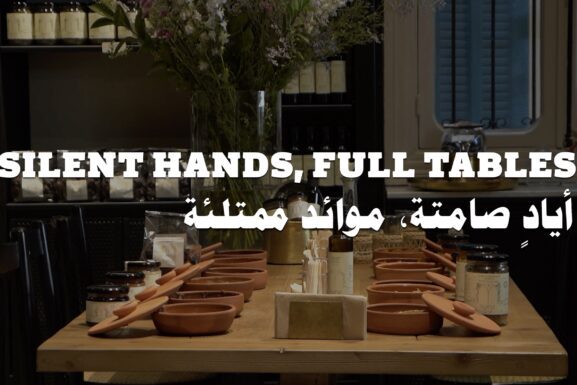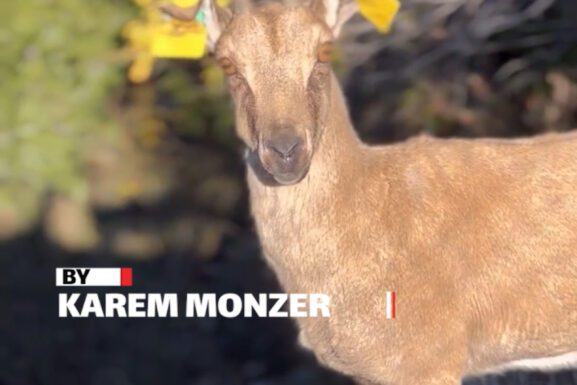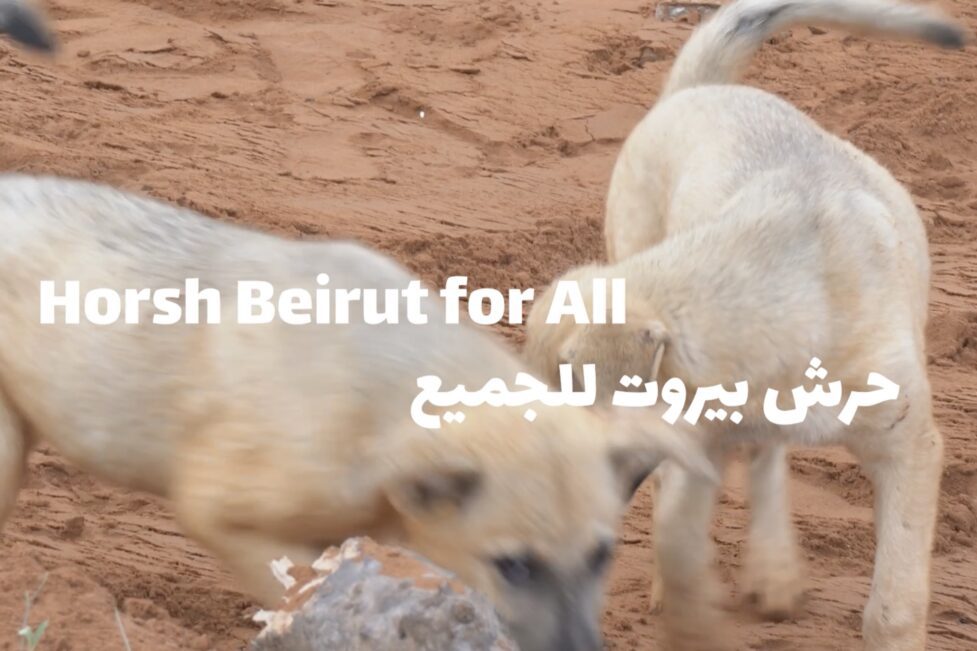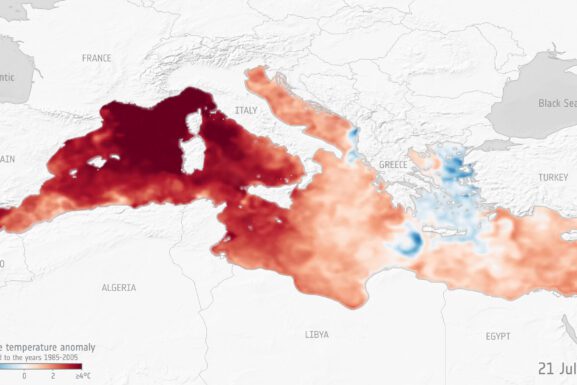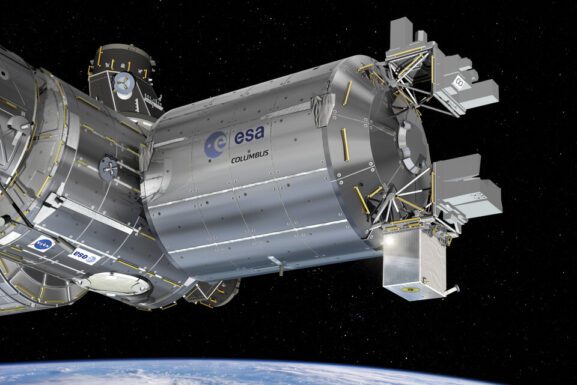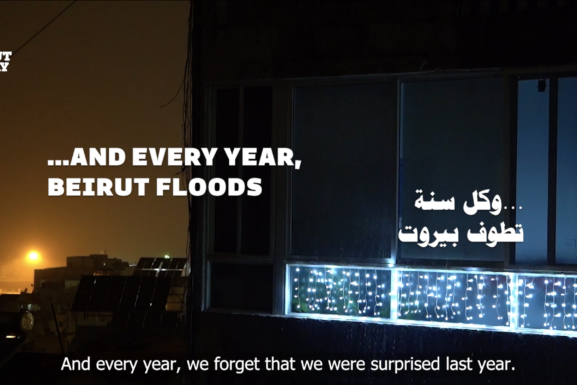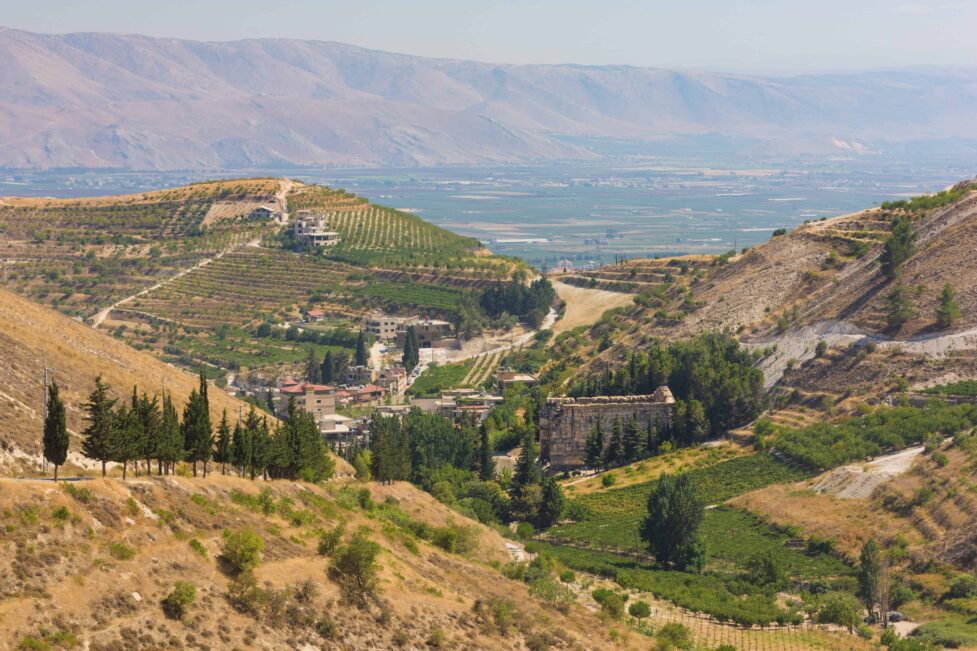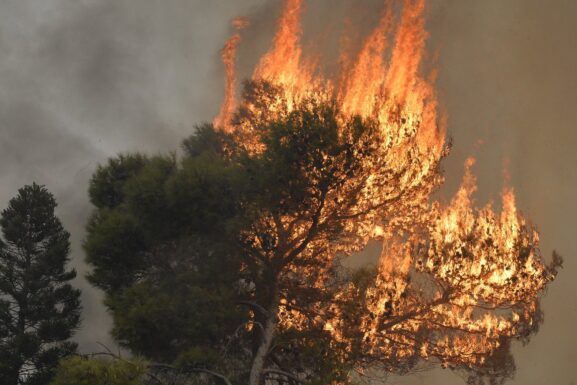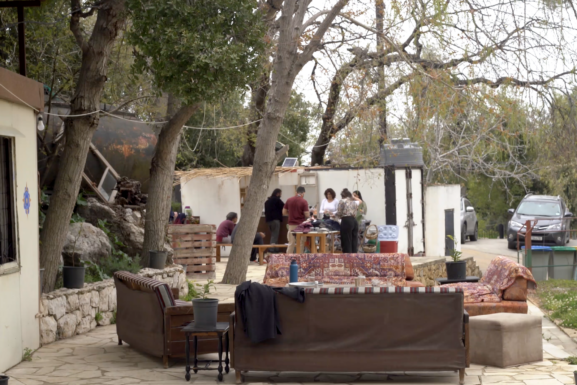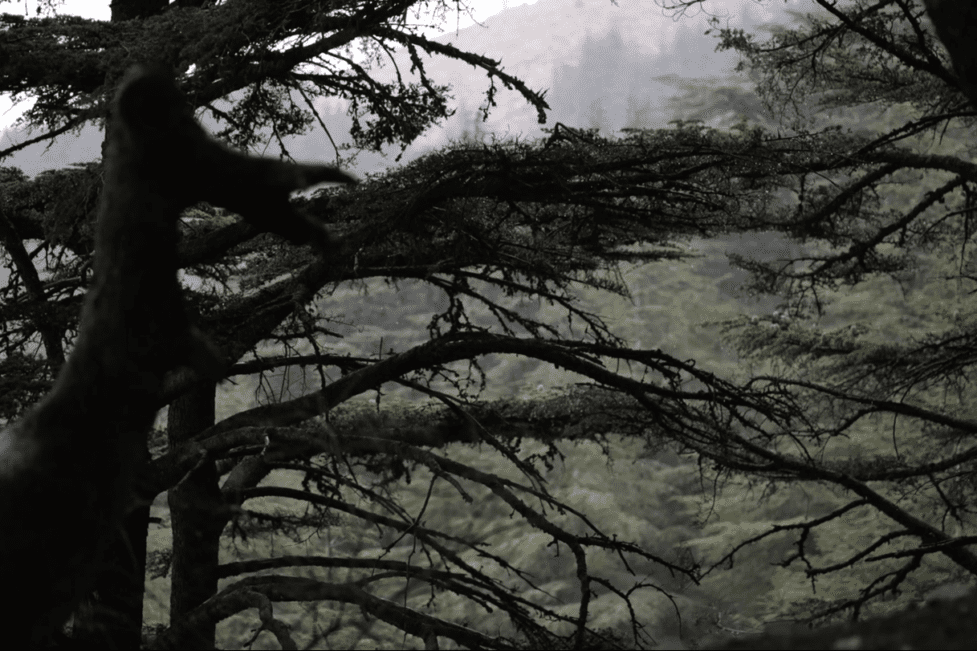Environment
The Nubian ibex is back in Lebanon. Once extinct, this wild mountain goat is being reintroduced by the Shouf Biosphere...
From caring for stray dogs to improving public access, local efforts are helping bring new life to Horsh Beirut. These initiatives reflect growing community involvement in reclaiming the city’s largest green space for everyone. By Hanin Haydar...
The Mediterranean sea is warming almost twice as fast as the global ocean and has already warmed 1.3 °C compared...
On April 21st 2025, the European space agency ESA launched what is called the most advanced and accurate atomic clock...
Animal pesticides are one of the most popular forms of fertilizers used in Lebanon, but recent research shows that these pesticides can quickly transform from resource to waste....
Straight from COP29 in Baku, we discuss with world experts why countries are looking to move away from renewable energy...
Every year, winter brings with it a catastrophe for Beirut: Streets flood, roads cave in, sinkholes form, and whole buildings...
At their sanitized table, men in white coats adjust their surgical masks and protective eyewear in preparation for the next operation. One of them holds a forceps. Another, a thin glass tube. A third man powers up an electrode. Holding their breaths, they glance down at their subject: eight legs...
More than 100 people have died across East Asia this month as extreme rain, floods, and landslides overtake several countries,...
Ardkon.com is an independent grassroots initiative designed to bring communities together while aiding social development. In this video, we sat...
With climate change an increasing looming threat, how can we protect Lebanon’s forests and preserve its agricultural heritage? In Episode 7 of our Riwayat docu-series, we look into the efforts of grassroots organizations working to protect Lebanon’s forests in the absence of government support, and as we slowly begin to...


